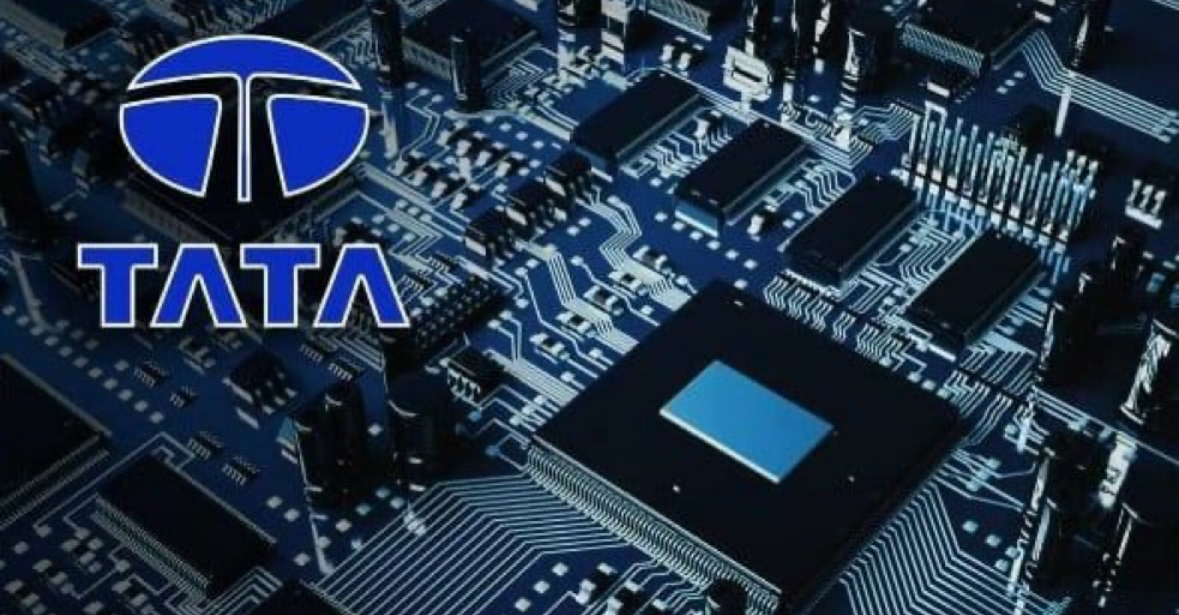The Indian government recently granted permission for businesses like Tata Group and CG Power to construct three chip plants worth a combined $15.24 billion. This is part of India's plan to become a technological leader. Prime Minister Narendra Modi wants to make India a world leader in chipmaking, and this move will help him reach that goal. However, India does not yet have a facility for making chips, even though the country's semiconductor market is expected to hit $63 billion by 2026. It's important to remember how important fire safety and being ready for emergencies are in public places after this terrible event.
Union cabinet approves 3 semiconductor units under the India Semiconductor Mission. A giant leap towards realising PM Shri @narendramodi Ji’s vision of "Make in India, Make for the World".#CabinetDecision pic.twitter.com/NAtE48rInt — Ashwini Vaishnaw (@AshwiniVaishnaw) February 29, 2024
India's major chip manufacturing projects

- Tata Group to establish India's first major chip manufacturing plant, a $11 billion facility.
- Collaboration with Powerchip Semiconductor Manufacturing Corp. for the project.
- Construction is expected within 100 days, creating over 20,000 jobs.
- CG Power to establish a $91.6 million chip packaging plant in Gujarat.
- Tata Semiconductor Assembly and Test Pvt. Ltd. will set up a $3.3 billion chip packaging plant in Assam.
Significance of the Semiconductor Industry

The semiconductor industry has become more well-known around the world, especially during the chip war between the US and China and ongoing political unrest. For self-sufficiency and scientific progress, countries like India are putting a lot of effort into growing their semiconductor industries. Along with improving India's ability to make things, the new semiconductor plants will also meet the growing need for chips in areas like defence, cars, and telecommunications.
At the end
With the approval of the semiconductor units, India has taken a major step towards becoming self-sufficient in making chips. The country is set to strengthen its place in the global semiconductor market thanks to investments from big names like Tata Group and CG Power. Setting up these facilities will not only make jobs available, but it will also help India's electronics industry grow. In general, the government's choice to help the semiconductor industry shows that it wants to encourage new ideas and technological progress in the country.
Image Source: X
(Inputs from agencies)
© Copyright 2024. All Rights Reserved Powered by Vygr Media.





















